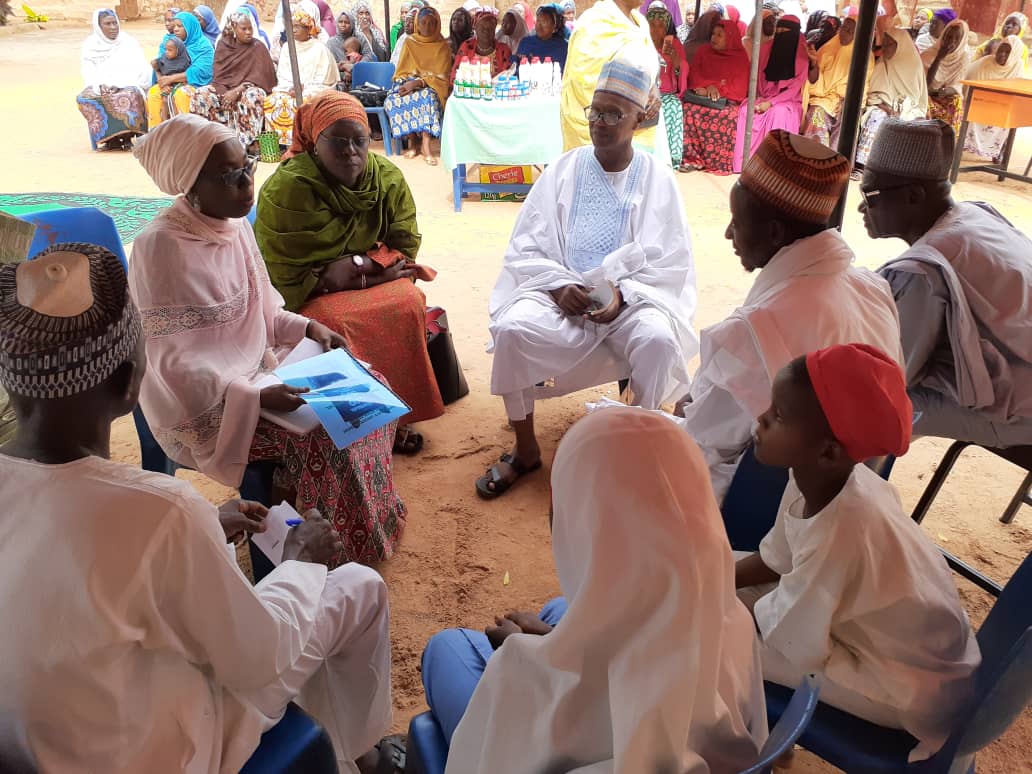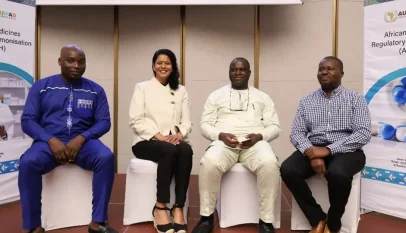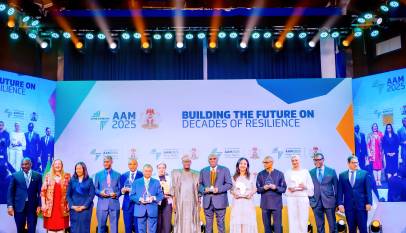UK-DFID conducts 2019 annual review exercise for GEP3 in Kano
The United Kingdom’s Department for International Development (UK-DFID) this week conducted the 2019 annual review for the UK-DFID-funded Girls Education Project Phase 3 (GEP3), in Kano state, beginning Monday and lasting through Friday. GEP3 is being implemented by the United Nations Children’s Fund (UNICEF), the Federal Government of Nigeria and governments of the respective focal states of the project.

Speaking during an interactive session with the DFID-GEP3 Team, Lauratu Ado Diso, Permanent Secretary, Kano State Ministry of Education, said GEP3 had contributed immensely to the development of education in Kano by providing girls across the six GEP3 focal Local Government Areas (LGAs) – Sumaila, Nassarawa, Ungogo, Danbatta, Gwale and Kano Municipal – the opportunity to access education.
Ms Ado, who appreciated UNICEF and DFID’s contributions to the development of basic education in Kano state, emphasized that the government alone couldn’t shoulder the responsibility for basic education in the state, and therefore, called on private organizations, communities, and individuals to compliment the its efforts adding that “education for all is the responsibility for all.”
Also speaking at the meeting, the Acting Executive Chairman, Kano State Universal Basic Education Board (SUBEB), Baffa Sale said, the Kano state government had amongst others, introduced favourable policies that would give opportunities to groups and individuals to contribute to the development of education in the state adding that, to compliment the government’s effort, the SUBEB had succeeded in establishing functional School-Based Management Committees (SBMCs) and Parents’ Teachers’ Associations (PTAs) across schools in Kano.
In her remarks, Fatima Sada, the Head of GEP3 and Education Adviser at DFID Nigeria said the project was targeted at increasing parental demand for and support for girls education as well as achieving improved teaching and learning environment and increased basic education opportunities for girls. She added that the project was also aimed at achieving more effective participation of women in education governance processes at all levels (schools, LGA, state and federal levels).
GEP3’s overall target is getting additional one million girls into school ensuring (enrolment, retention and learning) as well as guaranteeing improved social and economic opportunities for girls in northern Nigeria. In Kano, GEP3 aims to contribute to the enrollment of around 81,162 additional girls into school as well as ensuring 177,300 children (82,800 girls) benefit from the project’s interventions across focal primary and Integrated Quranic Centers (IQS), amongst others.
Some of the achievements of GEP3 in Kano since 2018 are the launch of a statewide Enrolment Drive Campaign (EDC); inauguration of state and 44 LGA level EDC committees as well as the establishment and strengthening of 1000-member Mothers’ Associations (MAs) across 100 primary schools in the six GEP3 focal LGAs.












